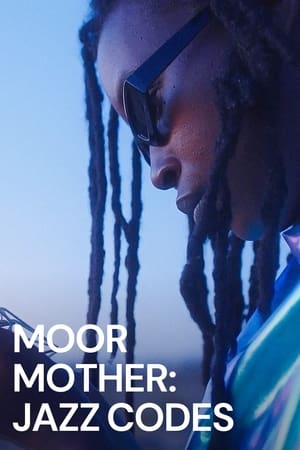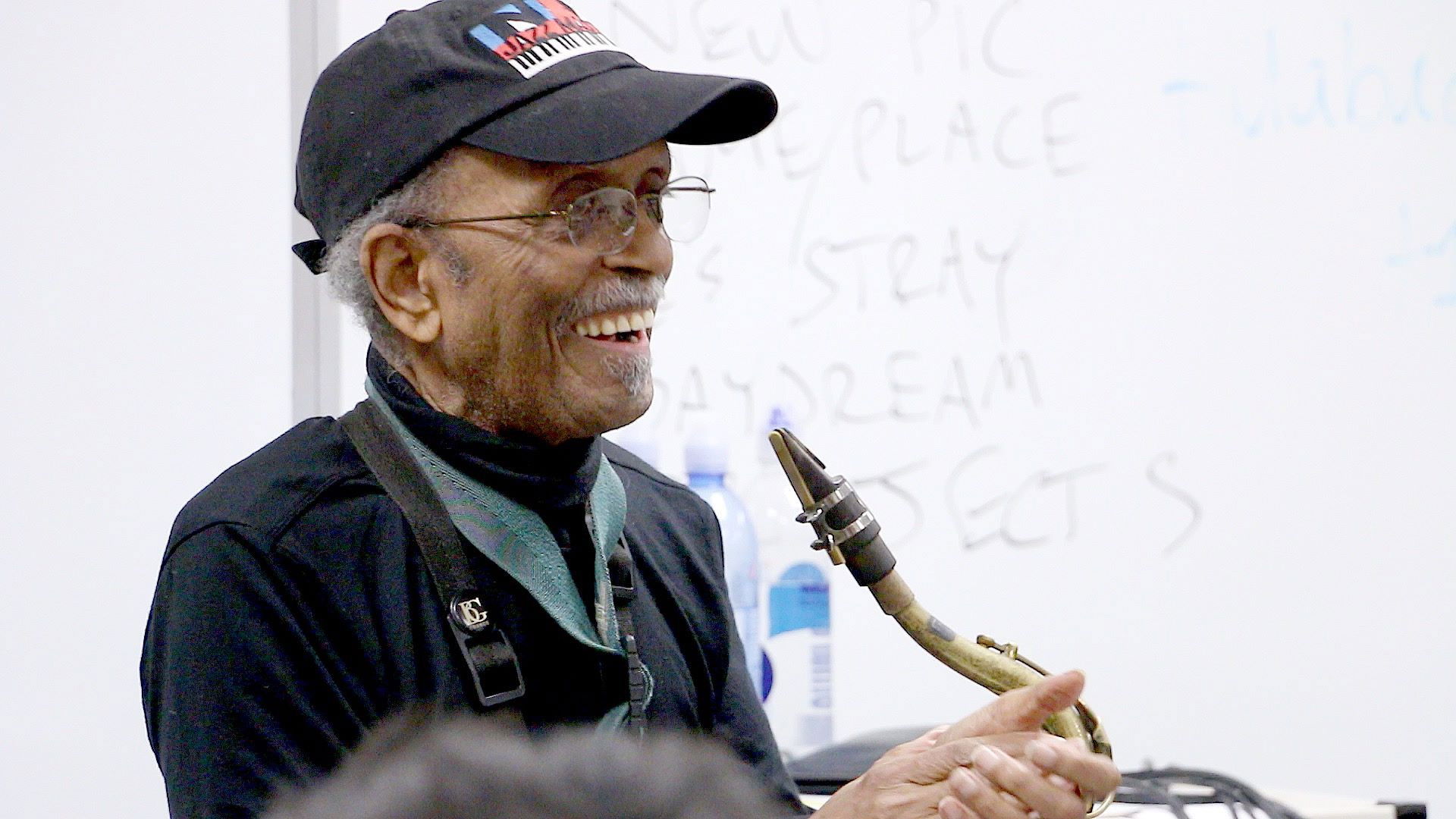
Passing the Torch
Top 4 Billed Cast
Similar Movies
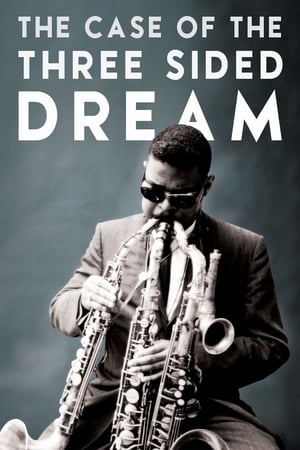 6.8
6.8The Case of the Three Sided Dream(en)
The documentary film on the life and legacy of Rahsaan Roland Kirk – a one of a kind musician, personality, activist and windmill slayer who despite being blind, becoming paralyzed, and facing America’s racial injustices - did not relent.
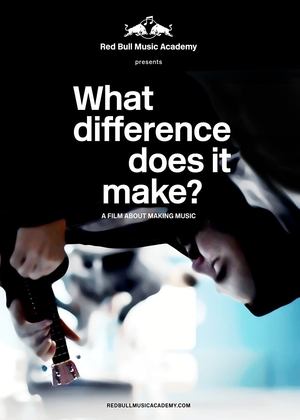 5.1
5.1What Difference Does It Make?(en)
A documentary that explores the challenges that a life in music can bring.
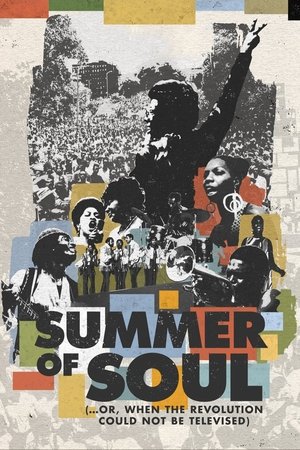 7.6
7.6Summer of Soul (...Or, When the Revolution Could Not Be Televised)(en)
During the same summer as Woodstock, over 300,000 people attended the Harlem Cultural Festival, celebrating African American music and culture, and promoting Black pride and unity. The footage from the festival sat in a basement, unseen for over 50 years, keeping this incredible event in America's history lost — until now.
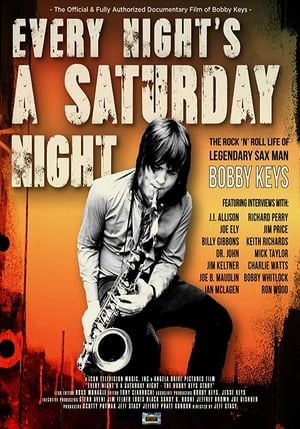 8.0
8.0Every Night's a Saturday Night(en)
The Life & Times of Bobby Keys ... decades-long Sax player with The Rolling Stones, best friend to Keith Richards, and session player with John Lennon, Eric Clapton, Delaney & Bonnie, George Harrison, Dr. John, Joe Cocker, Harry Nilsson, Ian McLagan, Keith Moon, Etta James, Ronnie Wood, Sheryl Crow, Ringo Starr, Joe Ely, Warren Zevon, Billy Preston, Donovan, Marvin Gaye, Lynyrd Skynyrd, Carly Simon, Barbra Streisand, John Hiatt, Yoko Ono and B.B. King.
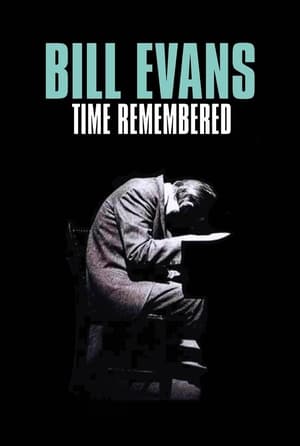 6.7
6.7Bill Evans Time Remembered(en)
A biographical film featuring the music and times of Bill Evans with interviews from Tony Bennett, Jack Dejohnette, Billy Taylor, Paul Motian, Jon Hendricks, Orin Keepnews, Bobby Brookmeyer, Pat Evans and more, including family and friends who knew Bill Evans well.
 5.5
5.5Nice Girls Don't Stay for Breakfast(en)
In the late 1990s, iconic photographer Bruce Weber barely managed to convince legendary actor Robert Mitchum (1917-97) to let himself be filmed simply hanging out with friends, telling anecdotes from his life and recording jazz standards.
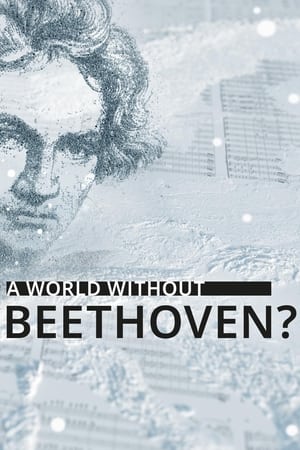 7.7
7.7A World Without Beethoven?(en)
"What would the world be like without Beethoven?" That’s the provocative question posed by this music documentary from Deutsche Welle. To answer it, the film explores how Ludwig van Beethoven's innovations continue to have an impact far beyond the boundaries of classical music, 250 years after his birth.
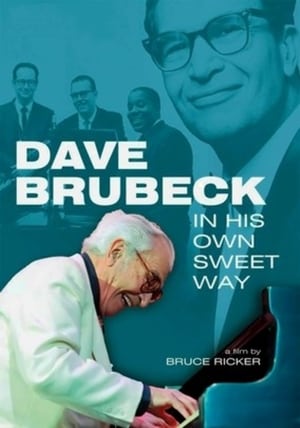 7.5
7.5Dave Brubeck: In His Own Sweet Way(en)
A chronological look at the life and career of jazz musician, composer, and performer Dave Brubeck (1920-2012 ), presented through contemporary interviews, archival footage of interviews and performances, and commentary by family, fellow musicians, and aficionados. Emphases include his mother's influence, his wife's invention of college tours, his skill as an accompanist, the great quartet (with Desmond, Morello, and Wright), his ability to find musical ideas everywhere, his orchestral compositions, his religious conversion, and his unflagging sweet nature.
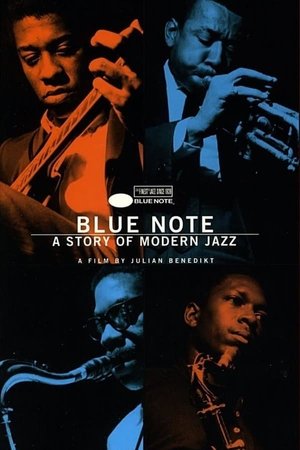 7.2
7.2Blue Note - A Story of Modern Jazz(en)
"It must schwing!" was the motto of Alfred Lion and Francis Wolff, two German Jewish immigrants who in 1939 set up Blue Note Records, the jazz label that was home to such greats as Miles Davis, John Coltrane, Herbie Hancock, Thelonious Monk, Art Blakey, Dexter Gordon and Sonny Rollins. Blue Note, the most successful movie ever made about jazz, is a testimony to the passion and vision of these two men and certainly swings like the propulsive sounds that made their label so famous.
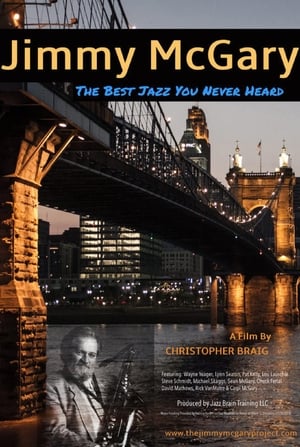 0.0
0.0Jimmy McGary: The Best Jazz You Never Heard(en)
Tenor saxophonist Jimmy McGary was a major presence in the Cincinnati music scene from the 1950s until his death in the early ’90s. With music rooted in Bebop with a progressive slant, the Jazz legend was a session player for King Records and released his first album as a bandleader — The First Time (with a quartet that included pianist Pat Kelly) — in 1979. McGary’s spirit and legacy have lived on well after his passing and well beyond Cincinnati, as evidenced in this new documentary film.
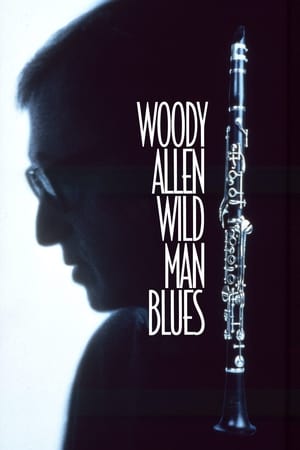 6.6
6.6Wild Man Blues(en)
Wild Man Blues is a 1998 documentary film directed by Barbara Kopple, about the musical avocation of actor/director/comic Woody Allen. The film takes its name from a jazz composition sometimes attributed to Jelly Roll Morton and sometimes to Louis Armstrong and recorded by both (among others). Allen's love of early 20th century New Orleans music is depicted through his 1996 tour of Europe with his New Orleans Jazz Band. Allen has played clarinet with this band for over 25 years. Although Allen's European tour is the film's primary focus, it was also notable as the first major public showcase for Allen's relationship with Soon-Yi Previn.
Música para Sempre(pt)
The picture brings interviews with the participants of the 1st São Paulo Jazz Festival that occurred in Anhembi Conventions Palace in September 1978 and reunited musicians, composers and singers from all around the world.
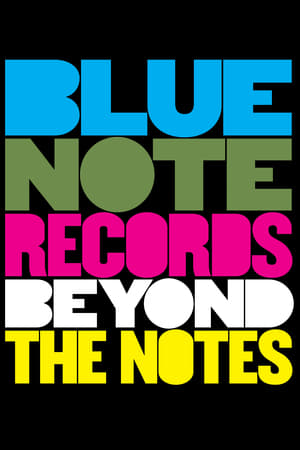 6.9
6.9Blue Note Records: Beyond the Notes(en)
Explore the vision behind the iconic American jazz record label. Since 1939, Blue Note artists have been encouraged to push creative boundaries in search of uncompromising expressions. Through current recording sessions, rare archive and conversations with iconic Blue Note artists, the film reveals an intimate perspective of a legacy that continues to be vital in today’s political climate.
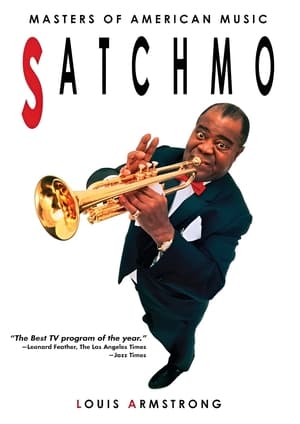 7.0
7.0Satchmo: The Life of Louis Armstrong(en)
Satchmo. There are few people in this country - or around the world - who will not recognize that name. Louis Armstrong embodied 20th-century American culture. He revolutionized the world of music and became one of the nation's most influential entertainers. No other performer of his era has such a profound effect as a singer as well as an instrumentalist.
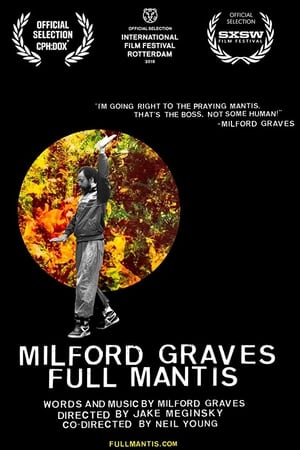 6.8
6.8Milford Graves Full Mantis(en)
Weaving blistering performance footage from Europe, Japan, and the U.S. with a sublimely restrained, intimate glimpse into a world-renowned jazz percussionist’s singular voice and complex cosmology.
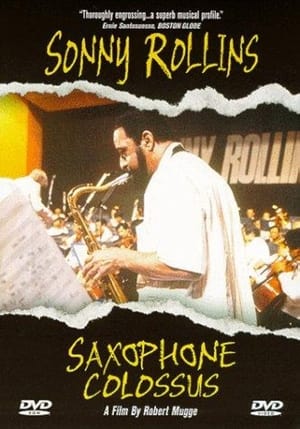 8.0
8.0Saxophone Colossus(en)
Tenor saxophone master Sonny Rollins has long been hailed as one of the most important artists in jazz history, and still, today, he is viewed as the greatest living jazz improviser. In 1986, filmmaker Robert Mugge produced Saxophone Colossus, a feature-length portrait of Rollins, named after one of his most celebrated albums.
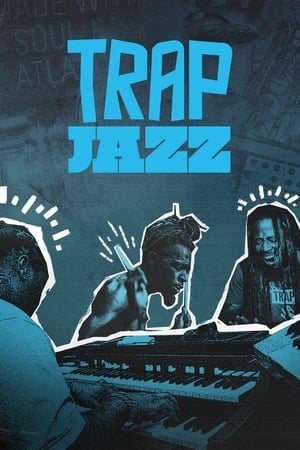 4.0
4.0Trap Jazz(en)
Atlanta musicians behind some of the biggest names in music embark on an uncertain journey into the spotlight with a new genre of music that fuses trap music with jazz.
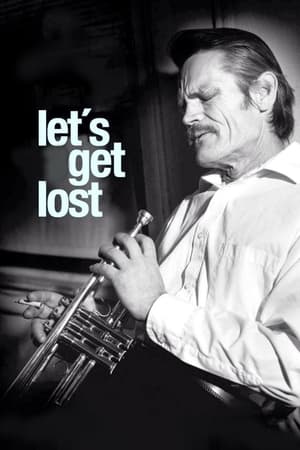 7.1
7.1Let's Get Lost(en)
Documentary about jazz great Chet Baker that intercuts footage from the 1950s, when he was part of West Coast Cool, and from his last years. We see the young Baker, he of the beautiful face, in California and in Italy, where he appeared in at least one movie and at least one jail cell (for drug possession). And, we see the aged Baker, detached, indifferent, his face a ruin. Includes interviews with his children and ex-wife, women companions, and musicians.
 6.0
6.0Sonic Mirror(en)
The multi-award-winning Finnish documentarian Mika Kaurismäki, brother of Aki Kaurismäki (The Man Without a Past), helms the nonfiction work Sonic Mirror -- a protracted exploration of rhythm as one of life's driving forces. Revered drummer Billy Cobham serves as host, taking the audience on a long musical journey around the world and through a myriad of musical genres and styles. Cobham, Kaurismäki, and co. segue from Western concert halls and stages to the music of African tribes performed by Brazilian street children to the distinct music of autistic patients. Along the way, the filmmakers raise serious questions about the function of music as an identifying force, a means of communication, and an emotional release; they also probe the enduring connections between group awareness and self-awareness. The film ultimately builds to a hugely affirming and cathartic expression of music as collective expression that unifies its performers in spirit.



